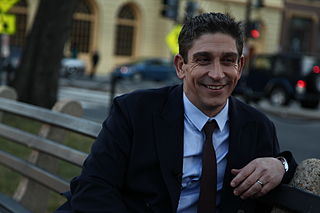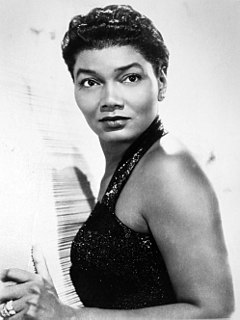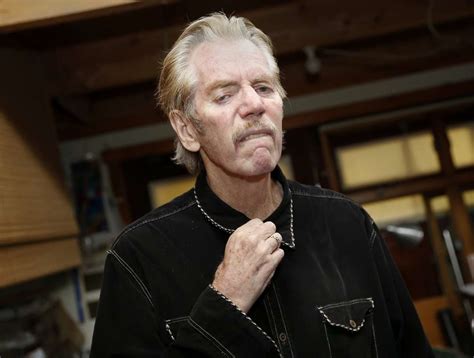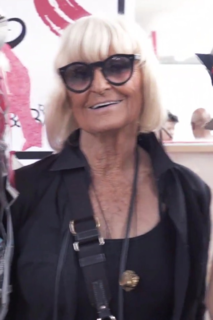A Quote by Willard Van Orman Quine
Uncritical semantics is the myth of a museum in which the exhibits are meanings and the words are labels. To switch languages is to change the labels.
Related Quotes
I have a fear of labels. If someone labels me, I have to respond - do I acknowledge it, reject it, deny it, live up to it, and defy it? Labels can affect your ability to be yourself. If you're not careful, like I wasn't when I was young, that can take a toll on you. You find yourself conforming to everyone else's ideas of who you are.









































